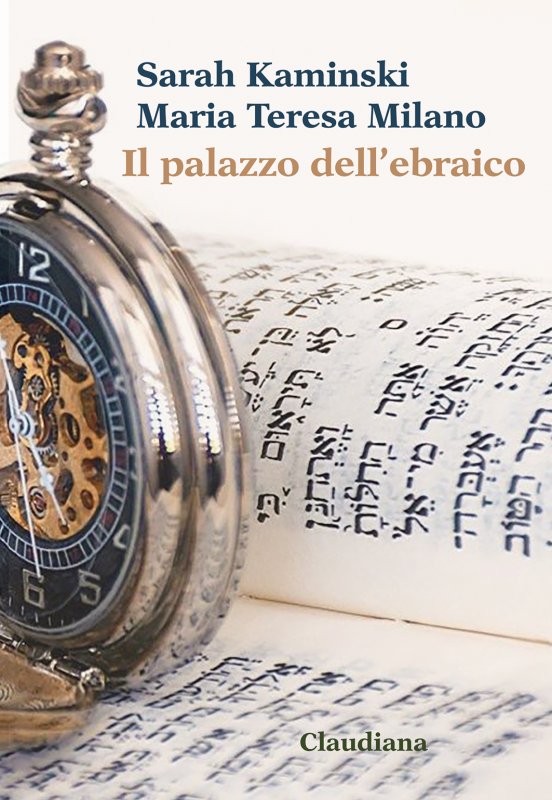BOOKS – Garden-facing windows for the women poets of Israel
 As Ecclesiastes teaches, there is a time for everything under the sun. For Sarah Kaminski and Maria Teresa Milano, that time is now. They write, “It is marked by the desire to tell the story of a small part of the world we have walked through together these past years, with a passion for research and translation, and with a touch of lightness and a sense of humor.”
As Ecclesiastes teaches, there is a time for everything under the sun. For Sarah Kaminski and Maria Teresa Milano, that time is now. They write, “It is marked by the desire to tell the story of a small part of the world we have walked through together these past years, with a passion for research and translation, and with a touch of lightness and a sense of humor.”
Kaminski, who was born in Israel but raised in Turin, teaches Jewish language and literature at the University of Turin. Milano, also from Turin, is a Hebraist and musician. Together, they wrote Il palazzo dell’ebraico (The Palace of Hebrew), published by Claudiana. The book explores the compelling story of this “ab ovo” language and its “rebirth” in modern times thanks to the intuition of journalist and philologist Eliezer Ben-Yehuda. Many guests reside in this welcoming “palace,” which holds together biblical revelation and rabbinic thought alongside many secular intellectuals. First, we meet “the lush garden populated by animals” in which the Hebrew palace is immersed, recounting the creation of the world.
One of the palace’s rooms is dedicated to the great King Solomon, whose proverbial wisdom is still passed down. Another room is dedicated to Rashì, a renowned Bible and Talmud commentator who devoted himself to his studies in Troyes, France, in the 11th century. Not far from there, Pope Urban II “blessed” massacres along the way “to free” Jerusalem.
Rabbi Nachman of Breslov also resides in the same palace. A master of Hasidism, he represents a world that no longer exists: the little shtetl “with the melamed (teacher), the wooden synagogues decorated with vibrant colors, and the Talmudic yeshivot in Warsaw and Lithuania. “
Women poets are also represented, such as Rachel Bluwstein, who was born in Ukrainian territory at the end of the 1800s and later immigrated to Israel in 1909. The authors imagine her “in a large, airy apartment with big windows facing the garden, from which you can see the sea.” There, once a month on the eve of Shabbat, she welcomes “women poets who, over the years, have created the literary milieu in Israel.”
Kaminski and Milano envision some of the pioneers who did not have this opportunity because they lived generations earlier. Among them is Rachel Luzzatto Morpurgo from Trieste, who, in the 1800s, wrote Psalms-inspired lyrics. She is believed to be the first Jewish woman in almost two thousand years to write poetry in Hebrew under her own name.
Translated by Chiara Tona, and revised by Rebecca Luna Escobar, students at the Advanced School for Interpreters and Translators of the University of Trieste, trainees in the newsroom of the Union of the Italian Jewish Communities — Pagine Ebraiche.
